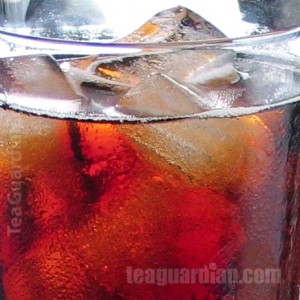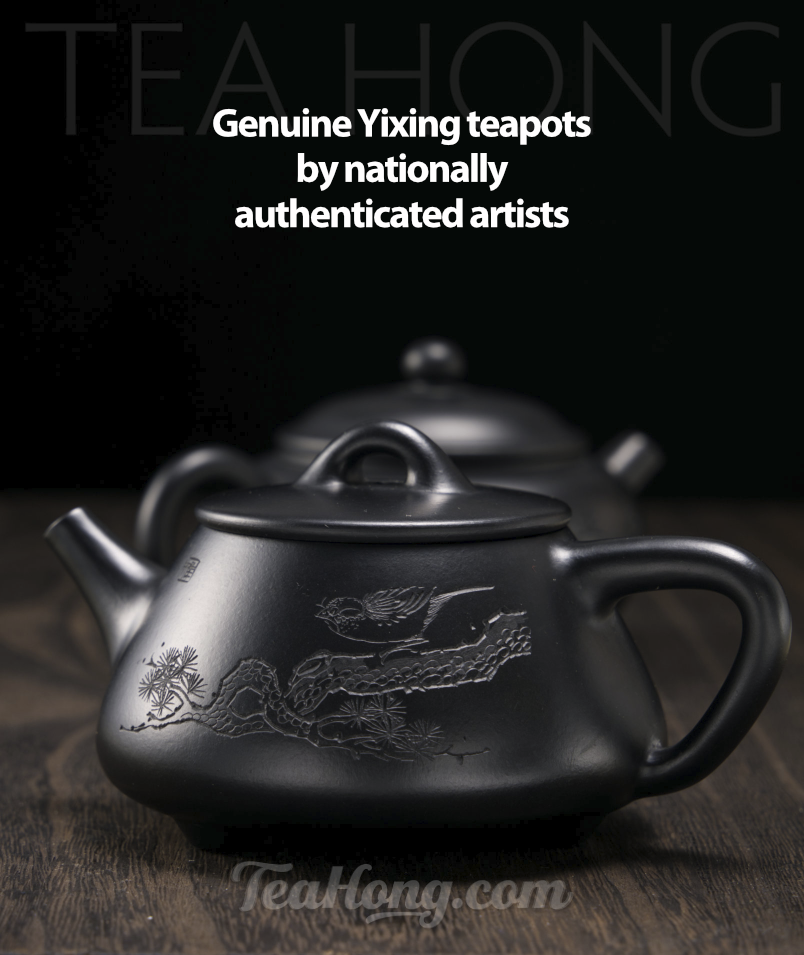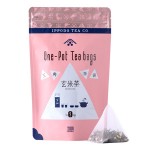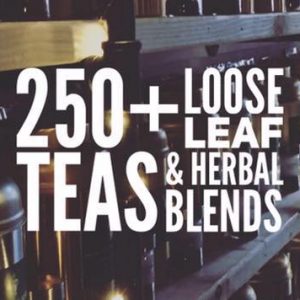Black Tea: Health Notes

The colour of the infusion can be indicative of tea quality: it’s not only about taste, but about health as well. The yellowish theaflavin, which is more potent in black tea’s health effects, is a lot more abundant in finer teas than in low grades. Therefore, when there is golden yellow shades in your black tea, it would be a far better one than when there is only red. The worst is when there is only a dull brown — theabrownin, which is brown, is a negative quality indicator.
Tea catechins are turned into other forms of flavonoids and taste/aroma matters during black tea production. The most noteworthy molecules that come out of this are two quality indicators, theaflavin and thearubigin, both flavonoids and taste matters. They are also of positive contribution in the prevention of heart diseases.
Quality matters
Theaflavin, which is yellow in colour, is present more in high quality black tea than lower ones. In some tea varieties, the substance forms a visually distinct yellow-orange ring on the perimeter of the liquor in the cup.
Theaflavin seems to play a role in researches where black tea is found to have potential in the prevention of cardiovascular diseases.
Other salutary substances, as well as volatile aromatic oils, are much better preserved in whole leaf teas than in broken grades (1).
However, while in some black tea selections the total flavonoids may be almost as high as that in green tea, the most effective health contributing substances — catechins (such as EGCG) — are by far, some thousands of times, higher in green tea in general.
Less “Cold” than Green
On the other hand, the TCM cold factor of tea is tuned down in black tea through the process of fermentation ( or oxidation, as people generally refer to the process now ). This tea category is therefore much friendlier for people whose body constitution is cold in TCM term. Although different varieties and selections within this category do vary quite dramatically, it is a group of teas of easier all round suitability.
Iced Tea: Second Thoughts
Since a lot of people in the developed world are spoiled with the habit of cold black tea, I’ll be a little explicit in here and hope that my words will help some, and knowing that the will annoy others.
I do not recommend regular drinking of iced tea.
Those with a weak stomach, weak physique, and those before and during menstruation, pregnancy, and recuperation should avoid cold or iced tea all together. For those who really have to drink it, drink it sweetened with a little real cane sugar to counteract some of the cold effects (TCM term). Better yet, very thin ginger slices, pitted dried jujube, dried mandarin orange peel, or roasted Chinese licorice can be steeped together with the tealeaves. These herbs are of hot/warm TCM nature to balance the chilling nature of iced tea.
Those who are physically fit and active and therefore sweat a lot, and have a lot of fire in the stomach (TCM term) are those who may benefit from iced black tea, although still not as well as they may from hot tea. They should still follow the above suggestions and drink by small sips.
A cold or iced tea is like any other cold drink to cause dampness of the body. One way o understand this expression — metabolic wastes in liquid forms are trapped in the system to gradually lessen one’s health. A person who is overly damp is likely to get tired more easily, weakening of digestion, poor in concentration, more vulnerable to infections, and perhaps stiffness and easy fatigue.
On the other hand, I do not know if the availability of tea’s salutary contents to the body is the same between drinking hot and cold. As to why a hot tea can help to dissipate body heat (TCM term) toxins and a cold tea causes dampness, I can find only TCM logic in the explanation. I hope the science community can help to look into this.











